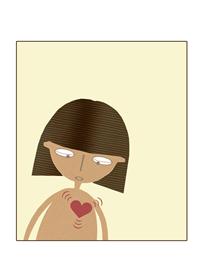Syncope is a condition that is often misdiagnosed. It is a spontaneous loss of consciousness caused by an insufficient blood supply to the brain. The most common cause of blackouts is reflex syncope, which is also known as vasovagal syncope or neurocardiogenic syncope.
There are numerous causes that trigger fainting, many of which are everyday activities. For example, hair grooming syncope is experienced commonly in young women who experience nausea, light headedness, sweating and visual disturbances before fainting. Research suggests that the pulling of the hair or scalp has an effect on a particular nerve in the head that causes the faint.
Syncope can also occur from heavy coughing, which raises pressure in the chest area. This could reduce the amount of blood flowing back from the legs to the heart. The fall in blood pressure increases chances of fainting.
For some people with syncope, a warm environment could increase the risk of fainting. This is because heat expands blood vessels, which causes them to hold more blood. The reduced return of blood could lower blood pressure. We advise those who are more prone to heat syncope to seek shelter in hot weather, keep hydrated and wear loose clothing.
These are just some of the common causes of fainting in syncope. If you would like to discuss your symptoms or would like further support, please call our Patient Services team +44 (0)1789 450 564 or email info@stars.org.uk
